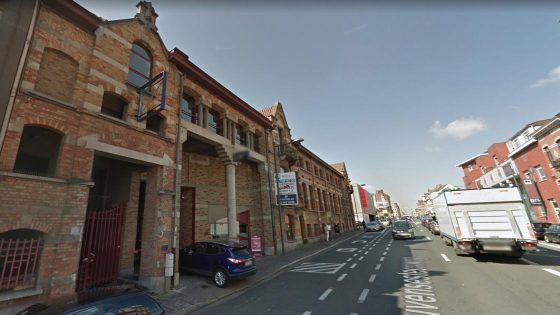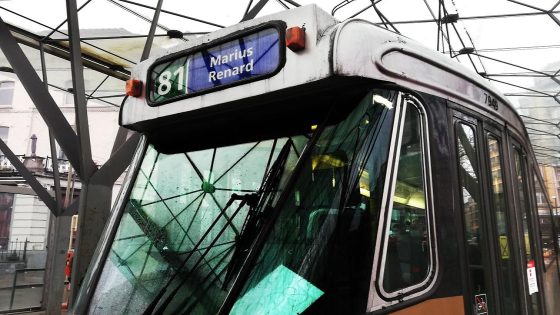Handenarbeid remains a significant factor in understanding the financial pressures faced by many Brussels households. Recent data from 2025-07-03 08:07:00 highlights that these families often juggle complex work schedules and transport challenges. But are these difficulties primarily driven by essential living costs or other factors?
- Majority of households lack children under eighteen
- Eighteen percent have three or more children
- Forty-two percent work in manual labor
- Manual workers face high car dependency
- Work involves irregular and shift schedules
- Frequent travel to poorly accessible locations
Interestingly, the majority of these households—58 percent—do not have children under 18, which challenges the assumption that child-related expenses are the main burden. Instead, many depend on hands-on labor jobs that come with rigid hours and frequent travel demands.
So, how does this impact daily life for those involved in handenarbeid, and what does it mean for their mobility and financial stability? Let’s explore the core issues affecting these workers in Brussels.
Why do so many hands-on labor workers depend heavily on cars? The answer lies in their work patterns and transport options. These workers often face:
- Non-flexible schedules including night, weekend, and shift work
- Frequent trips to varying job sites, sometimes changing daily
- Poor public transport connectivity to many work locations
These factors combine to create high car dependency, which can strain household finances. Could better public transport or more flexible hours ease this burden? Without such changes, families relying on handenarbeid may continue to struggle with mobility and cost issues.
Looking ahead, policymakers and employers should consider how to support hands-on labor workers with improved transport solutions and flexible scheduling. How can Brussels better address these challenges to improve quality of life and reduce financial strain?
































